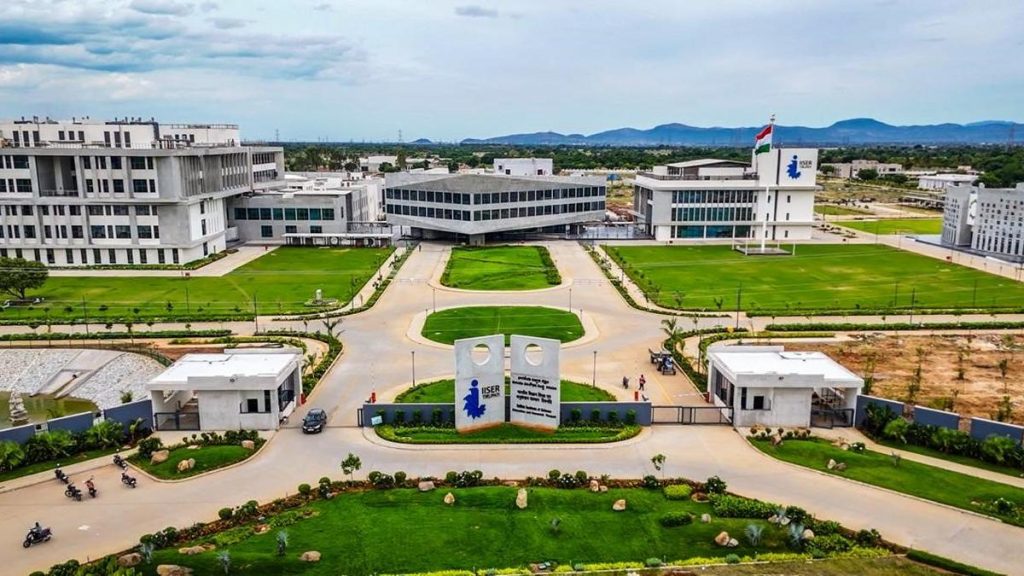Now Reading: New Analysis Reveals Agriculture’s Role in Insect Decline
-
01
New Analysis Reveals Agriculture’s Role in Insect Decline
New Analysis Reveals Agriculture’s Role in Insect Decline

### Quick Summary
– A study by Julius-Maximilians-Universität Würzburg has found agriculture’s impact on insect diversity is more severe than previous estimates.
– Using DNA metabarcoding and innovative statistical tools, researchers analyzed insect species from 400 families across Bavaria.
– Results show farmland areas exhibit a 44% decline in insect species diversity compared to near-natural habitats.
– Additionally, agricultural landscapes show nearly a 30% loss in evolutionary diversity among species.- The sampling completeness in farmlands made biodiversity losses appear smaller than they are, but new methods have provided more accurate data.
– Published findings stress the need for biodiversity-sensitive land use to prevent ecosystem instability.

—
### Indian Opinion Analysis
The study underscores agriculture’s role as a contributing factor to declining biodiversity-a trend that is increasingly relevant globally and within India due to its heavy reliance on farming practices that may harm ecosystems. Given India’s immense agricultural footprint and dependence on pesticides and intensive cultivation methods, the findings raise vital questions about balancing food security with ecological health.
Adopting biodiversity-sensitive land use policies could enhance India’s international commitments toward environmental sustainability while addressing potential risks tied to ecosystem instability-such as threats to pollinator populations critical for crops. Leveraging technologies like DNA metabarcoding may offer India practical ways of monitoring local ecological changes effectively.
For read more: [Read More](https://phys.org/news/2025-05-analytical-method-fresh-insights-agriculture.html)



























